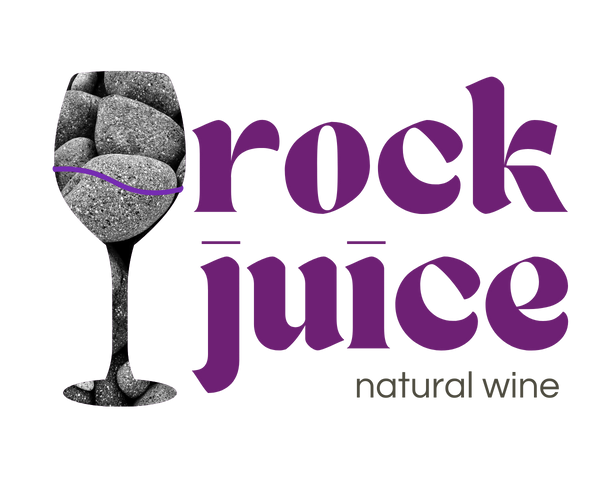What is Natural Wine?
- Organic, biodynamic or regenerative farming (not always certified but 100% verified)
- Native yeast fermentation
- No additives* except minimal SO2 (<50ppm)
To save you the trouble of deciphering this technical list, here are some common (and a few sketchy) ones, and what they're used for:
|
Dimethyl dicarbonate (Trade name Velcorin) |
Used to sterilize and stabilize wine, requires a hazardous material suit to handle. Lethal if inhaled within 48 hours of administering |
|
Acetaldehyde |
For color stabilization (Odd that you'd want to add this to wine, given that it is also produced by the partial oxidation of ethanol in the liver and contributes to hangovers.) |
|
Ammonium Phosphate |
Fermentation aid, classified by NIH as a "general purpose food additive in animal drugs, feeds, and related products", also a recognized irritant. |
|
Albumen (egg whites) |
Fining agent |
|
Isinglass (dried fish bladders) |
Used for clarification |
|
Bovine-derived gelatin |
Used for clarification |
|
Soy flour (defatted) |
Used to facilitate fermentation |
|
GMO Yeast |
Used to kick start fermentation & control the flavor |
|
Copper Sulfate |
Hydrogen sulfide remover |
|
Glucose Oxidase |
Used to clarify and stabilize wine |
|
Milk Products (whole, skim, ½ and ½ milk) |
Fining agent |

Why should you care?
Wine is an agricultural product, subject to processing and manipulation just like processed food. Grapes are in the top three most sprayed crops, so ensuring that the grapes going into your wine is really important. Beyond the additive conversation, sulfites can be an issue for many. Because in the US the allowable limits for added SO2, a preservative and potent allergen, are very high, double that of the EU and well beyond what our bodies can process easily – which is problematic not only if you are sensitive to sulfur, but also because it is depletes our stores of glutathione, an important enzyme our bodies use to detoxify and process the alcohol in wine.
